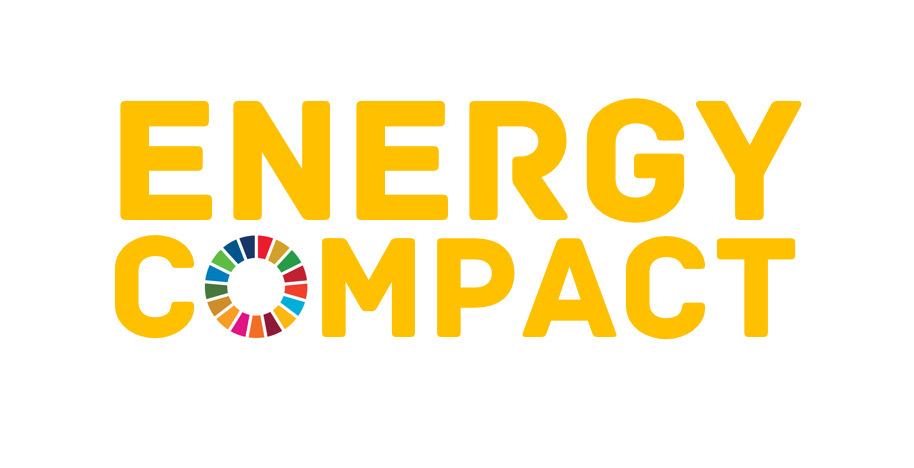Zimbabwe’s Cabinet has given the green light to the National Energy Compact, a significant step towards achieving universal access to affordable, reliable, and sustainable electricity by the year 2030. This initiative directly responds to the Dar-es-Salaam Declaration, a key outcome of the Africa Heads of State Energy Summit held earlier this year, and aligns with the ambitious Mission 300, which aims to electrify millions of African households by the end of the decade.
The National Energy Compact, presented by the Minister of Energy and Power Development, outlines a comprehensive strategic roadmap to tackle the critical energy challenges currently facing the nation. These challenges include outdated infrastructure, persistent generation shortfalls, and limited energy access, particularly in rural communities.
The core of the Compact is built upon five strategic pillars designed to transform Zimbabwe’s energy landscape. The first pillar focuses on aggressively expanding power generation capacity and upgrading existing infrastructure to ensure a more robust and efficient energy supply. Secondly, the plan emphasizes strengthening regional energy integration to leverage cross-border opportunities and enhance energy security.
A significant emphasis is placed on promoting distributed renewable energy sources and clean cooking solutions under the third pillar. This aims to diversify the energy mix, reduce reliance on traditional fuels, and contribute to environmental sustainability. The fourth pillar strategically seeks to catalyze private sector-led investment in the energy sector, recognizing the crucial role of independent power producers and other private entities in achieving national energy goals. Finally, the Compact prioritizes ensuring the long-term financial viability of energy utilities, which is essential for the sustainability and effectiveness of the entire energy sector.
The Zimbabwean government has set ambitious targets within this Compact, aiming to electrify 3.1 million households and achieve 70 percent access to clean cooking solutions by 2030. To facilitate these goals, the plan includes implementing crucial regulatory reforms. These reforms will focus on streamlining investment processes for Independent Power Producers, adopting clear regulations for mini-grids, and ultimately unlocking significant private sector investment in the energy sector. This comprehensive and multi-faceted approach underscores Zimbabwe’s commitment to realizing its energy goals and contributing to the broader African energy agenda.

